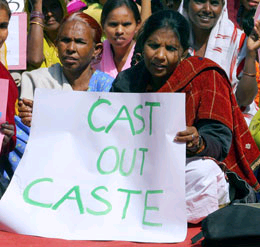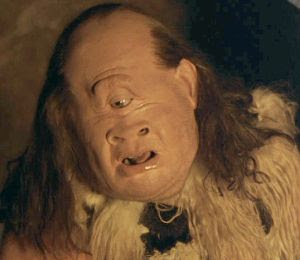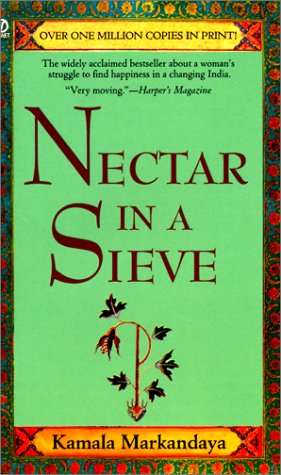

Too many times in history have there been wars and disputes over religion. The truth is that if people just stopped and tried to understand other religions, maybe then they would respect them. Maybe then the violence would stop. Christianity and Judaism, for example, seem different, but in fact are actually very similar—just with subtle differences. Their theism and holy book are very similar, though their beliefs of the messiah and their celebrations differ.
Monotheism is the belief in one god, whereas the belief in more than one god is polytheism. Both Christianity and Judaism are monotheistic—in fact, the god they love and worship is the same. The major change comes with the birth of Jesus Christ.
The birth of Jesus is the reason why Christianity and Judaism’s holy books are slightly different. Judaism’s holy book, the Torah, is the first five books of the Old Testament. Christianity’s holy book, the Bible, includes all of the Old Testament, and the New Testament, which begins with the birth of Jesus. The Torah doesn’t talk about Jesus, because Jews don’t believe that Jesus is the messiah.
A messiah is a savior or ‘prophesized deliverer’. Jews believed that Jesus was just another prophet, while Christians believe Jesus is their savior, their messiah. This is the major difference between Christianity and Judaism. Jews believe that Jesus was not the savior they were waiting for, and believe that their messiah has yet to come. That could be why their holidays and celebrations are so different.
Over 2,000 years ago in the city of Bethlehem, a boy named Jesus was born. His mother was the
Mary; his father, Joseph the carpenter. Before Jesus’ birth, an angel of the lord came to Joseph and said to him: “Mary will bring forth a Son, and you shall call His name Jesus, for He will save His people from their sins.” Right before his birth, Augustus Caesar ordered a census of his whole empire, and said that all men need to go to the place of their birth to be registered. So, Joseph and Mary went to Bethlehem, Joseph’s birth place, where Jesus was born in a manger in a stable because there was no room at the local inn.
This is the story of Jesus’ birth, which Christians celebrate at Christmas time. Also, there are other parts of Christmas that aren’t religious, like Christmas trees, presents, and, of course, Santa Claus. The cool thing about Christmas is that it also kind of celebrates the winter solstice, so anybody can celebrate it.
The most significant holiday for Christians is Easter. About three years after Jesus started teaching, he was convicted of blasphemy and of organizing a revolt against Rome. He was crucified, buried, and then—Christians believe— that after three days, he rose from the dead. Easter celebrates his resurrection from the dead, and that he died to forgive sin. And, like Christmas, there are other traditions at Easter that don’t really have anything to do with Christianity—like Easter eggs, bunnies, and candy.
One major misconception to non-Christian people (and even to some Christian people) is that the most significant holiday is Christmas. In reality, the most significant Christian holiday is Easter, because of their belief in the Resurrection of Jesus.
Thousands of years ago, the Israelites were enslaved in Egypt. Moses, a prophet, went to the pharaoh, trying to free the Jews. This is where the famous verse “Let my people go” comes from. The pharaoh refused, and so Jews believe that God unleashed terrible plagues upon the land of Egypt. One of them was the death of the first born son in every family, except for those whose doors were marked. These were the Jewish homes. The Jewish holiday, Passover, remembers when this horrible thing passed over them.
There are other Jewish celebrations like Hanukkah—the festival of lights, and bar/bat mitzvah. Bar mitzvah and bat mitzvah celebrate when a Jewish boy or girl turns thirteen and is recognized as a son or daughter of the commandments, or basically recognized as an adult.
There is also another misconception concerning Jewish holidays. Many people (Non-Jewish and some Jewish) think that Hanukkah is a major holiday—a “Jewish- Christmas”. However, the only similarity between Hanukkah and Christmas is that they both fall around the same time of year. And, actually Hanukkah is not a major Jewish holiday. Hanukkah doesn’t celebrate anything that was written in the Torah, while holidays like Passover (which would be more significant) do. Yom Kippur is a major holiday which celebrates when God forgave the Jews for worshipping a golden calf, as well as Rosh Hashanah, which is known as the Jewish New Year.
Christianity and Judaism are more similar than most people know. Christianity grew out of Judaism. Jesus Christ actually grew up Jewish. Their ideas of love and forgiveness are the same, and they both love and worship the same god. People need to understand other religions, so that they can respect them. Now, hopefully you understand Christianity and Judaism a little better. Understanding leads to respect, and respect will hopefully lead to less wars and disputes over religions all over the world. That’s why everyone needs to know and understand.









